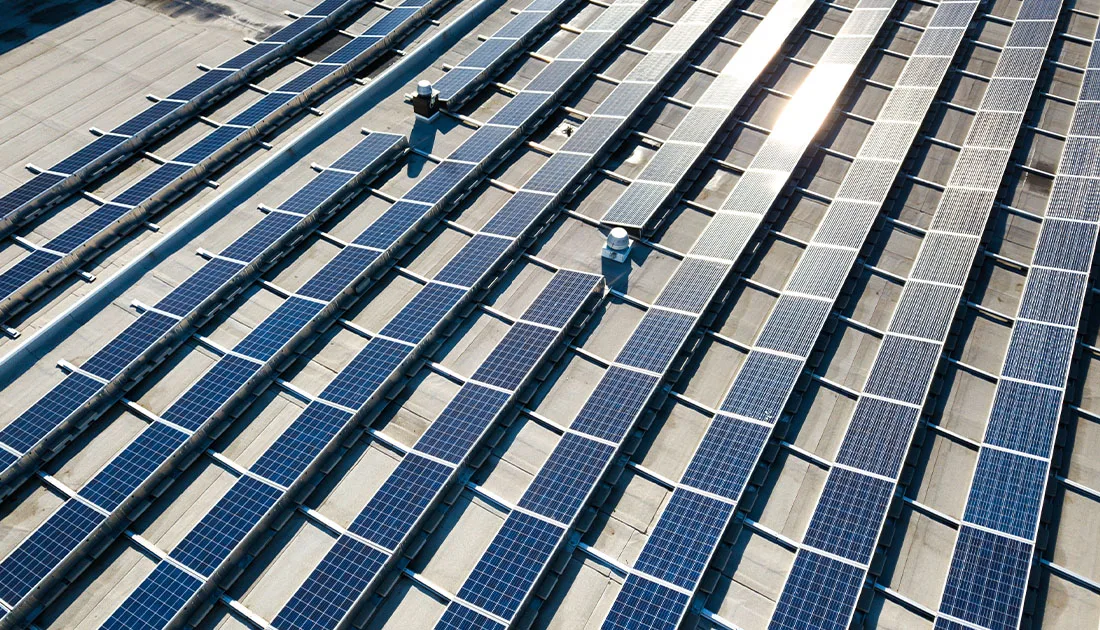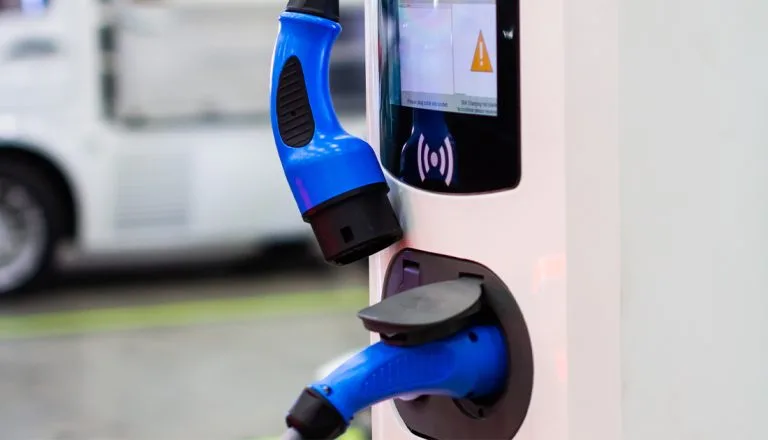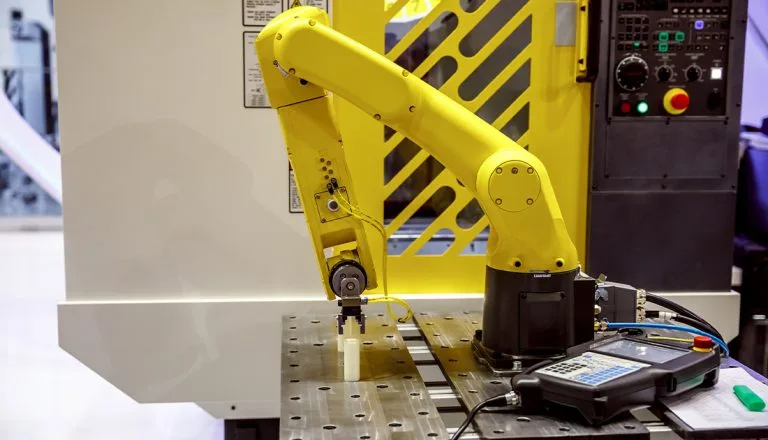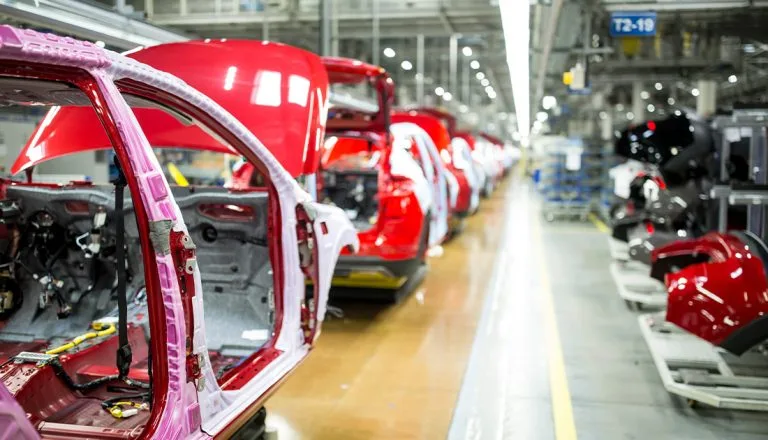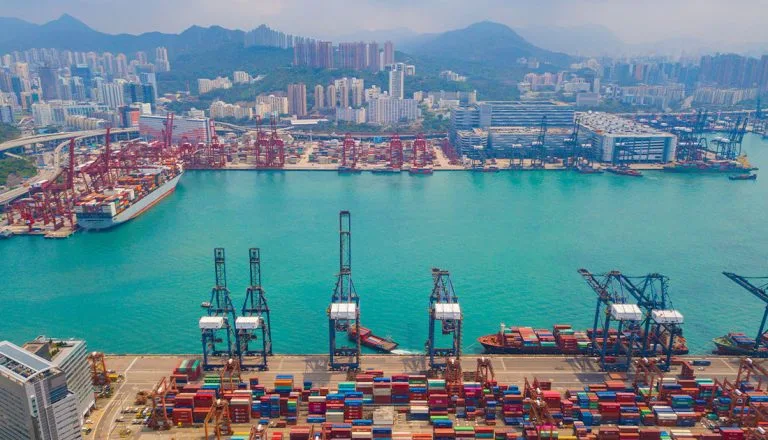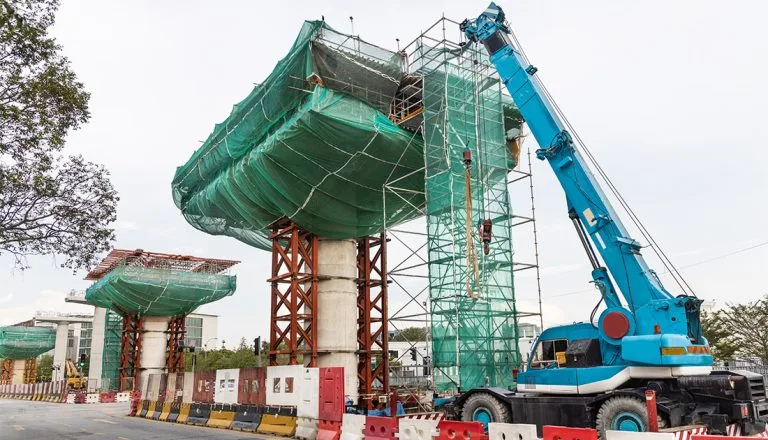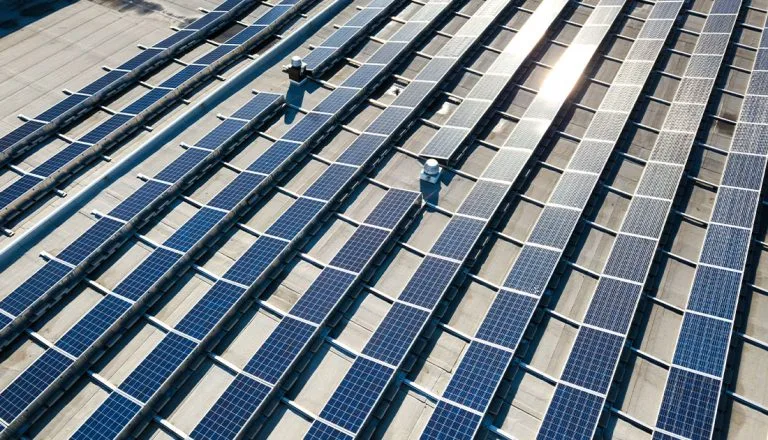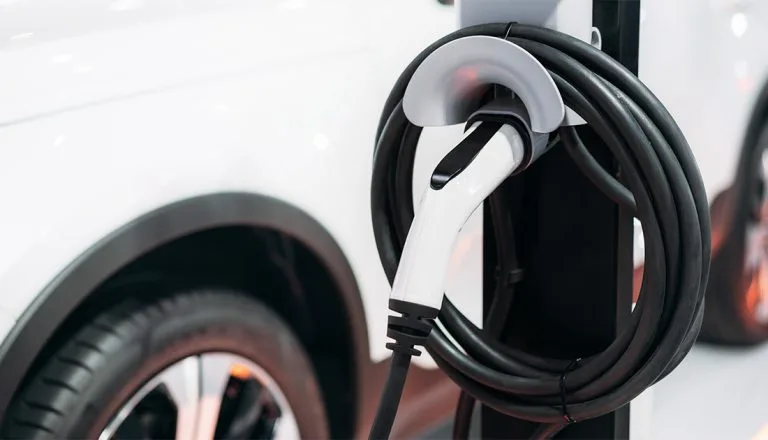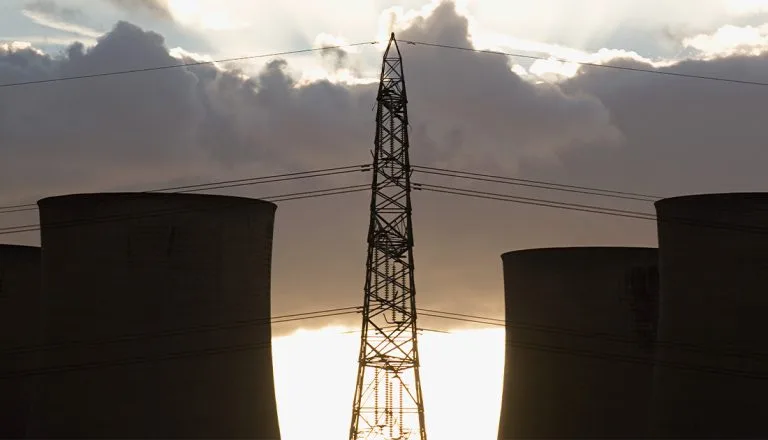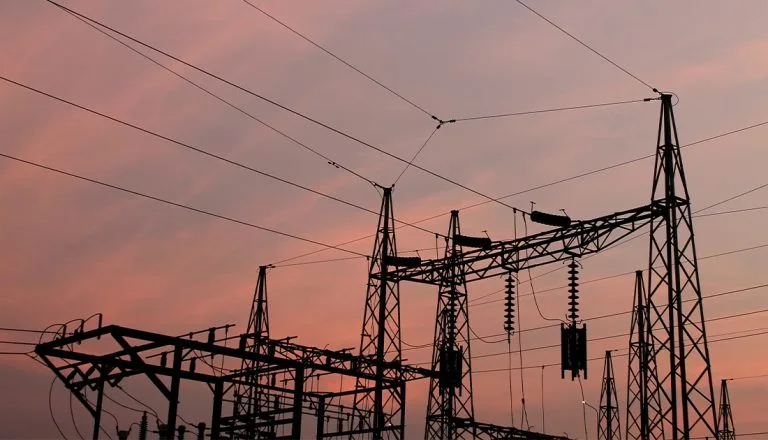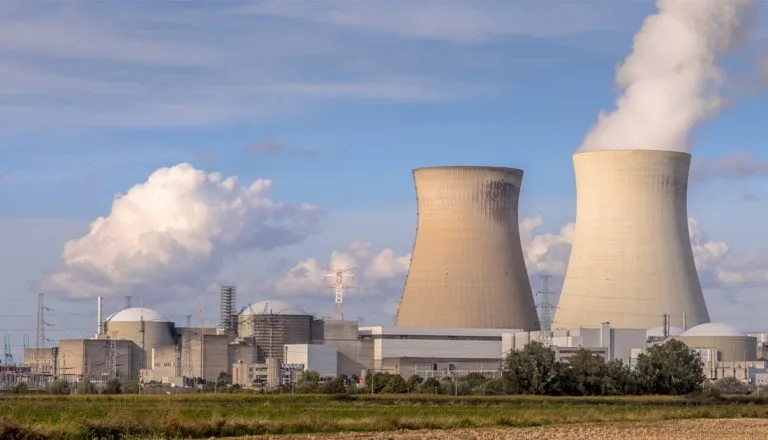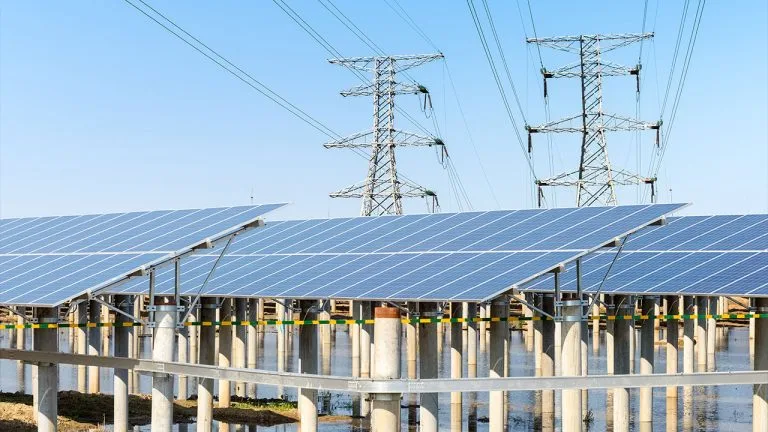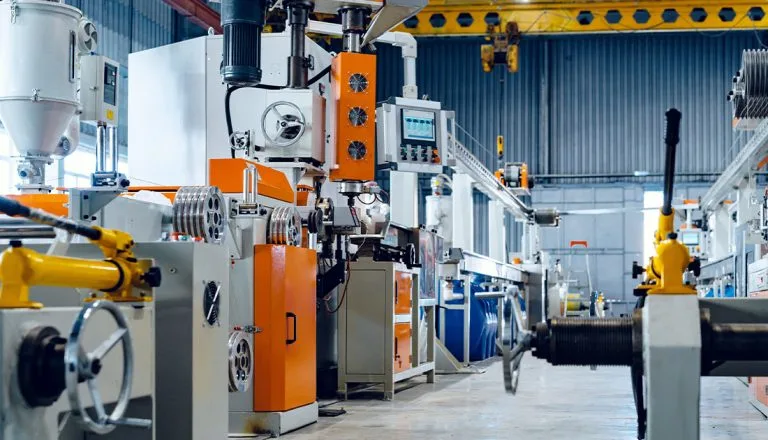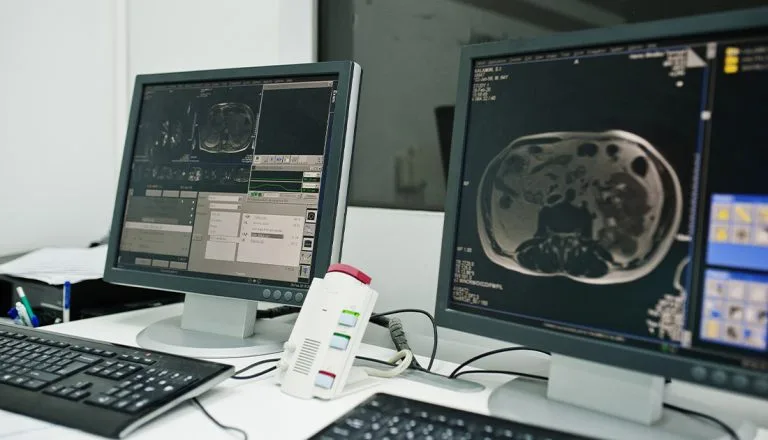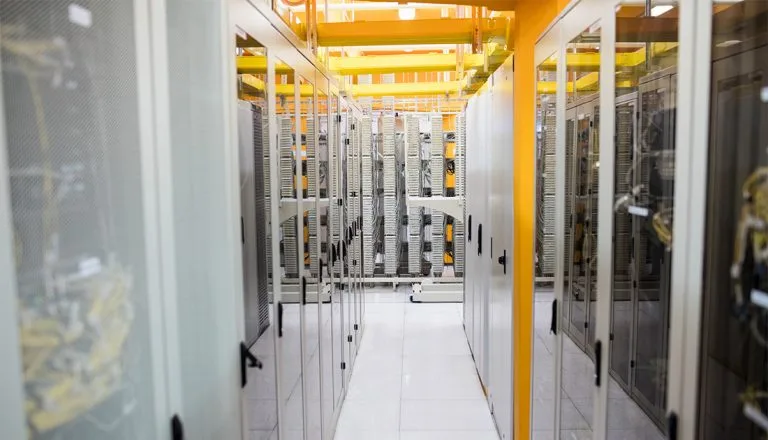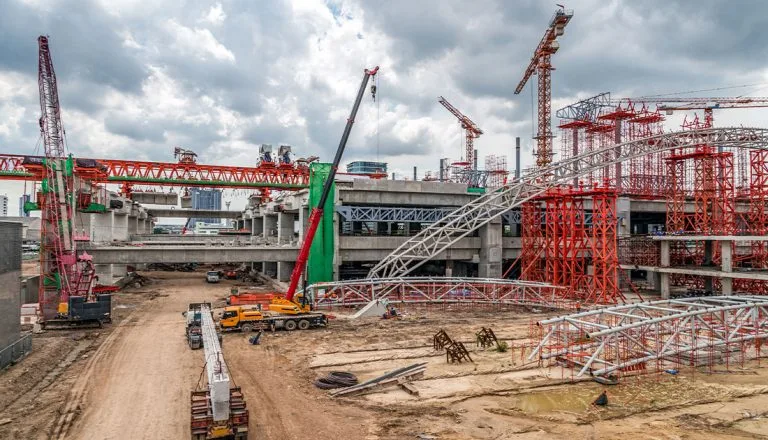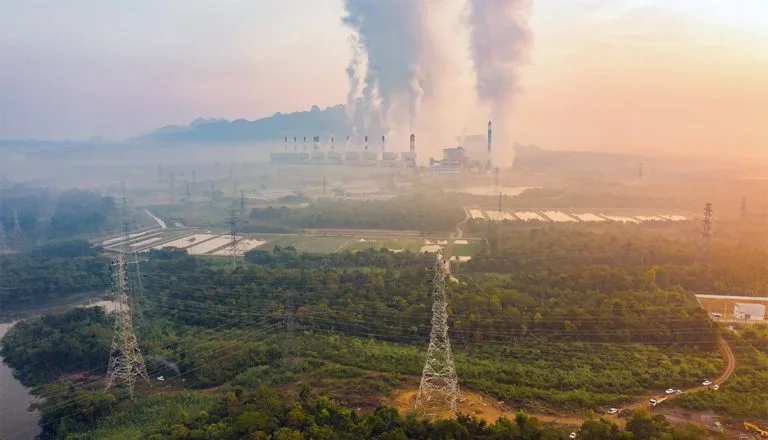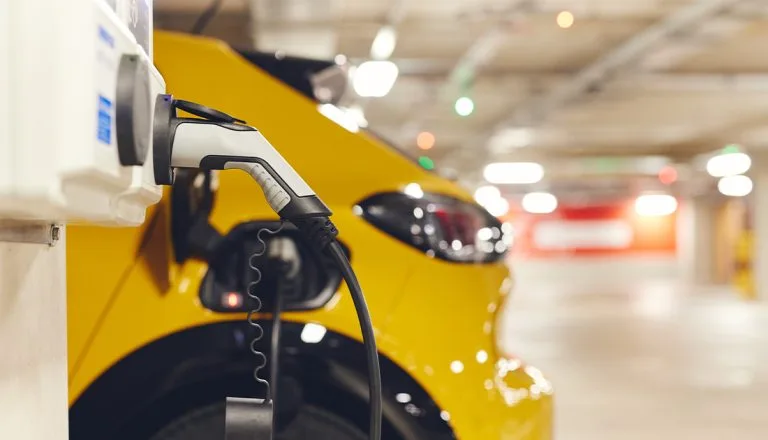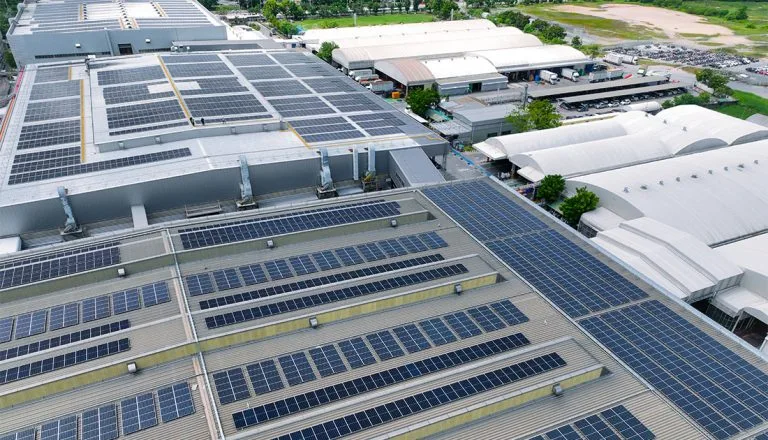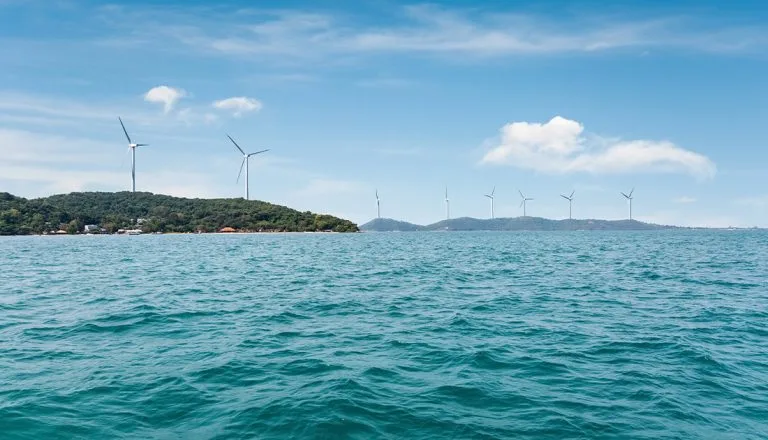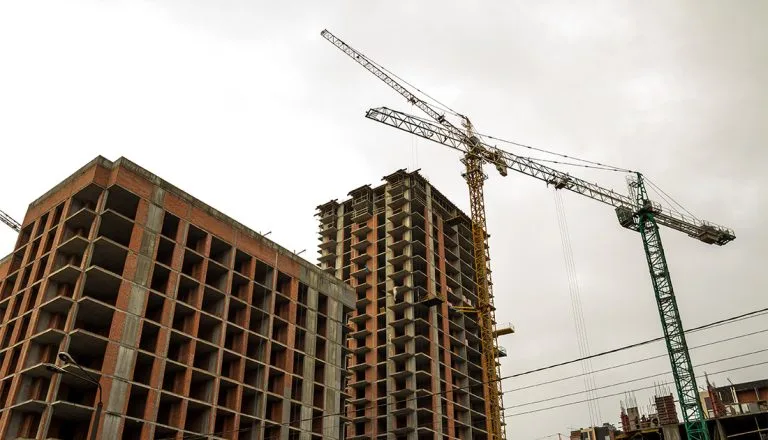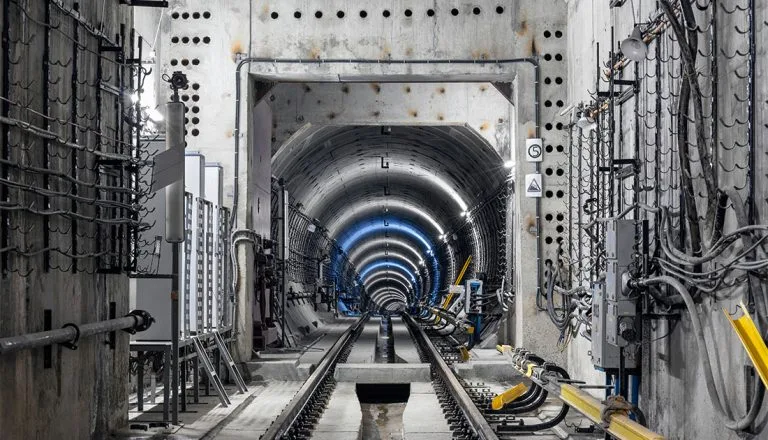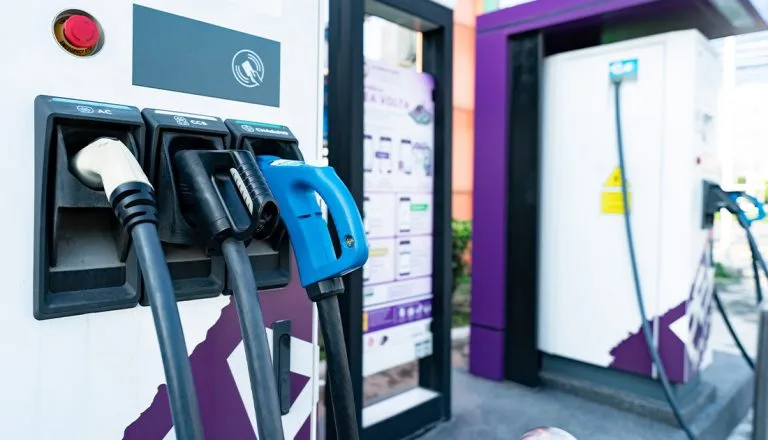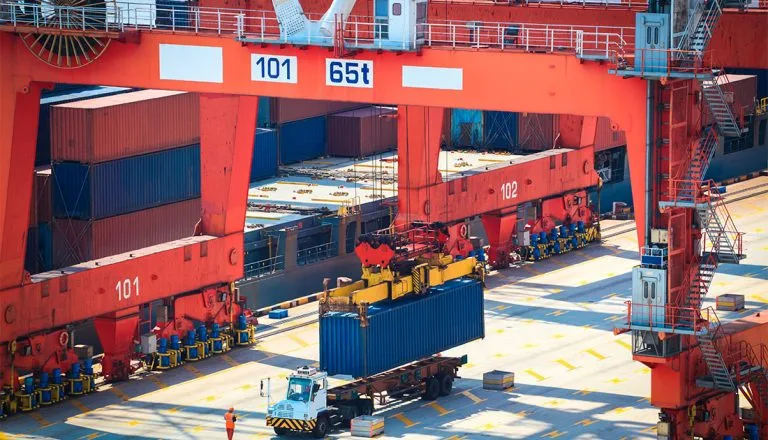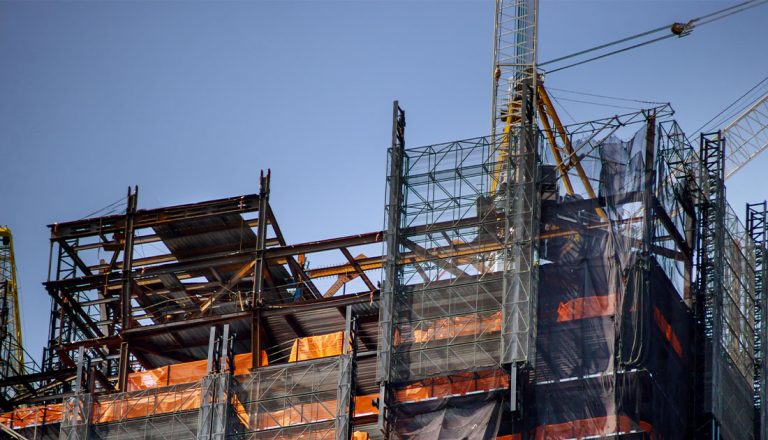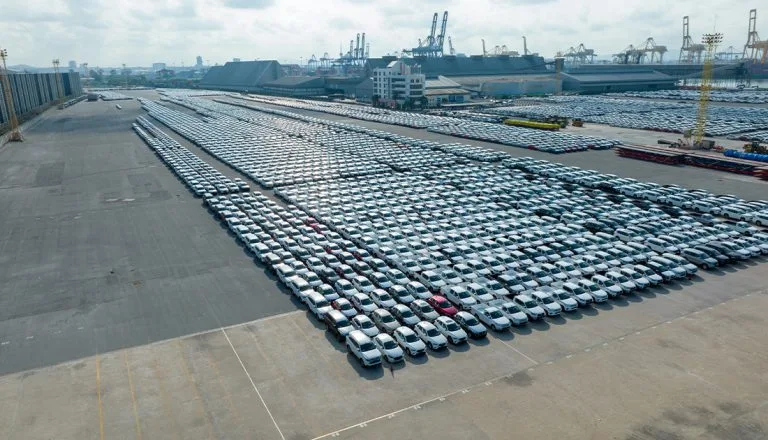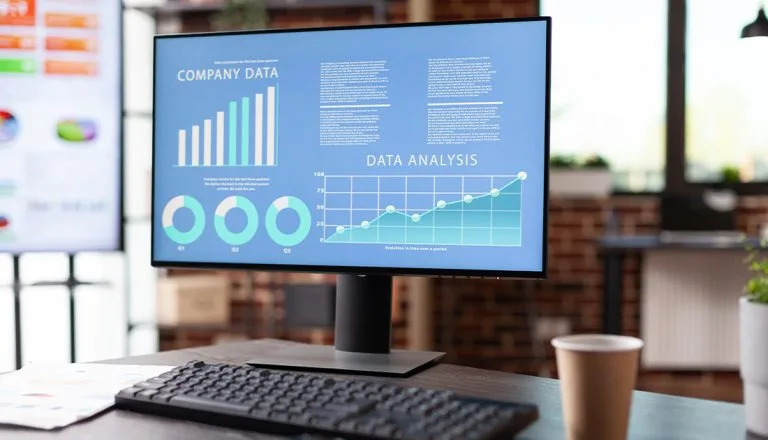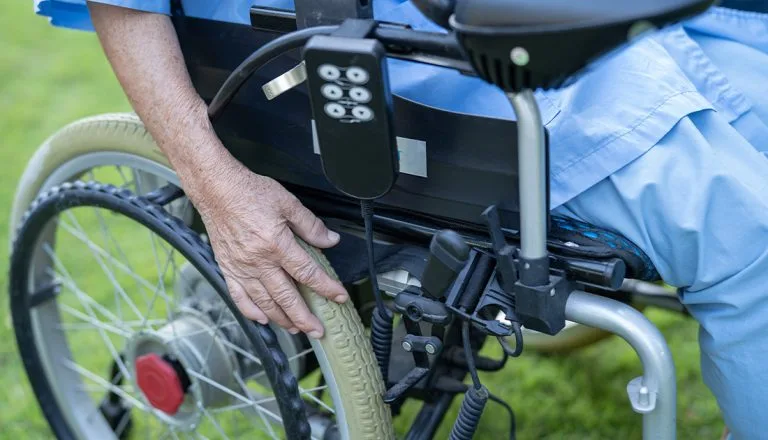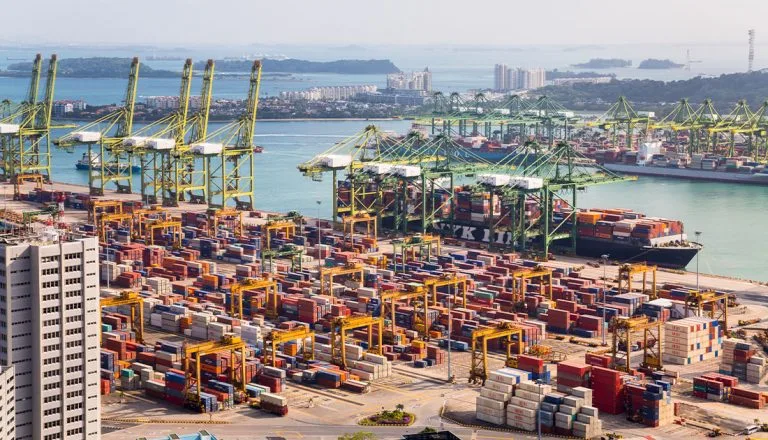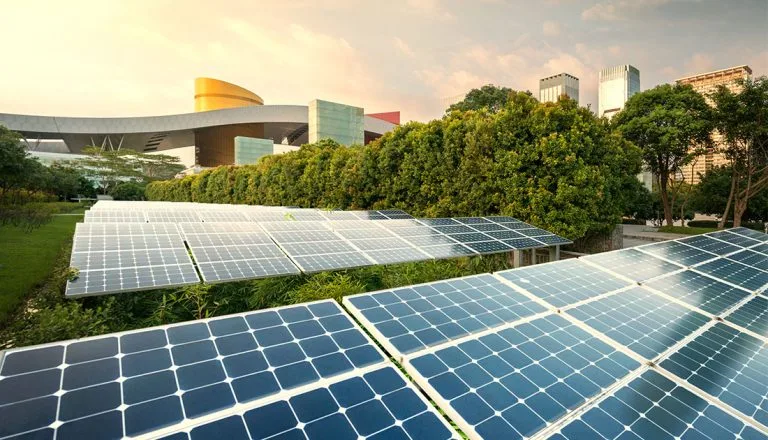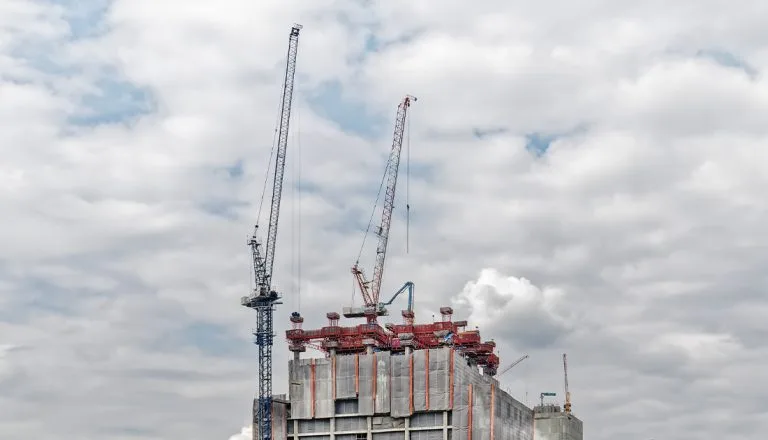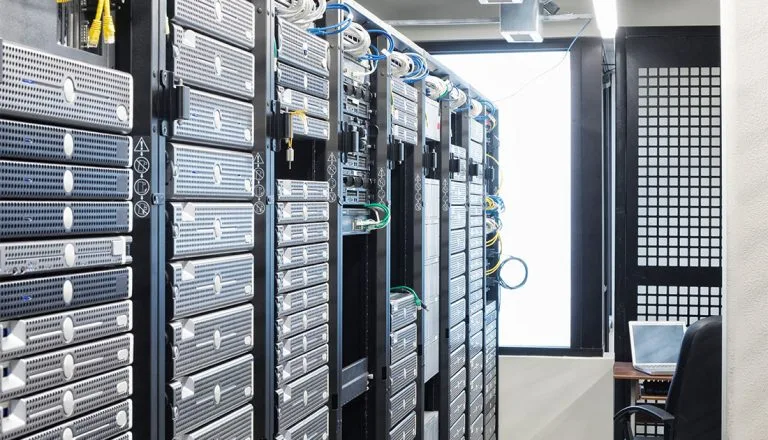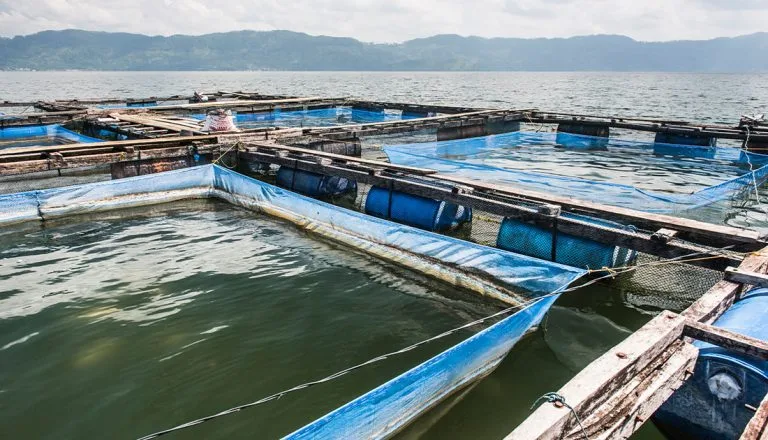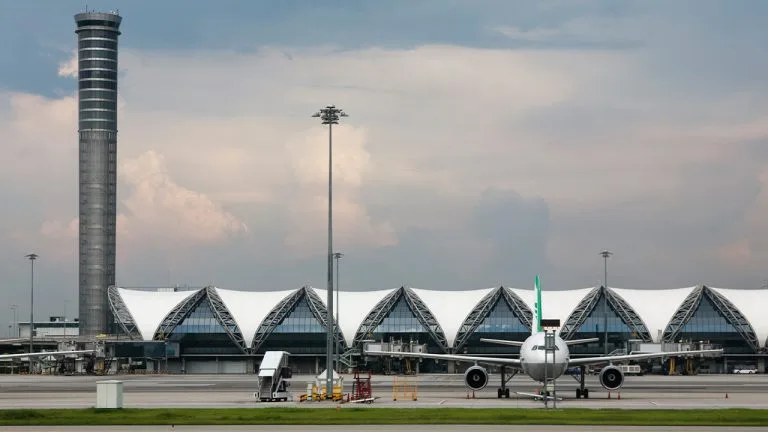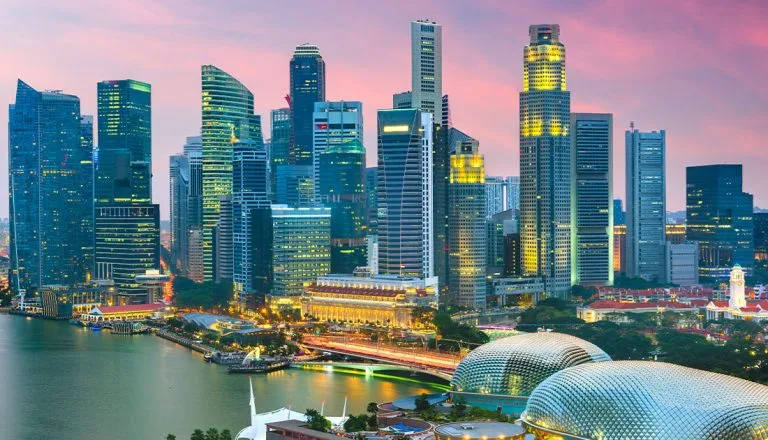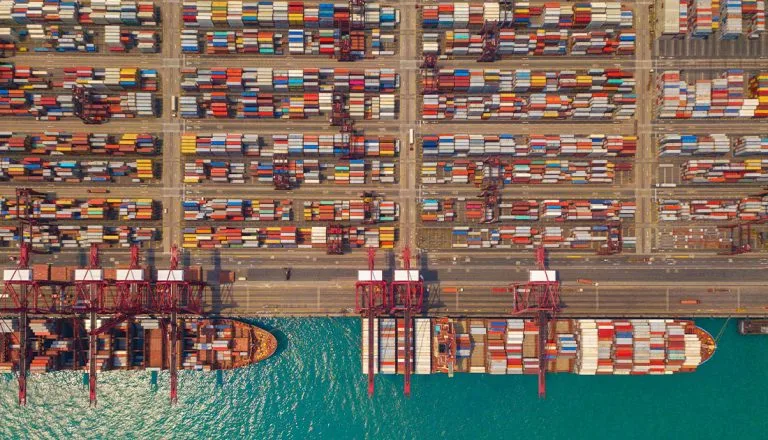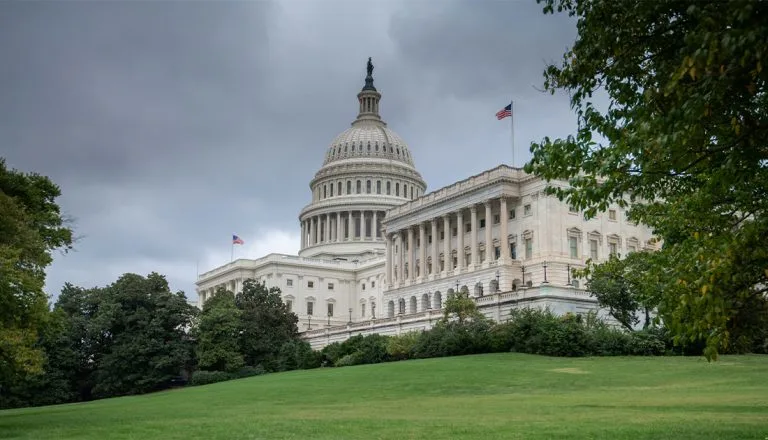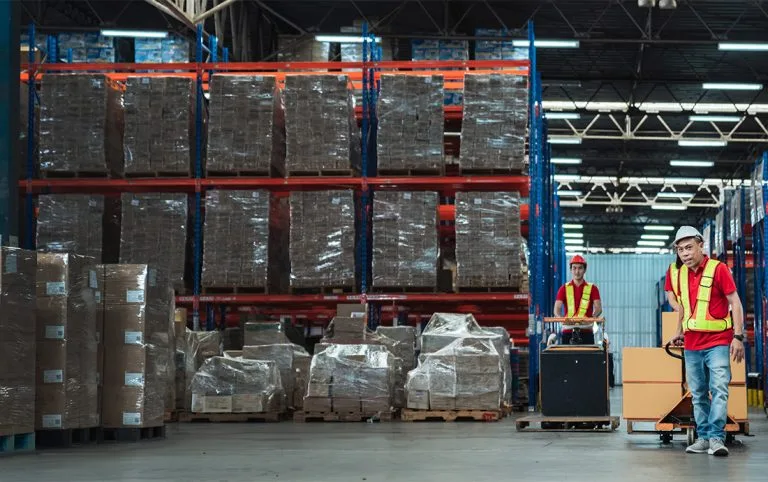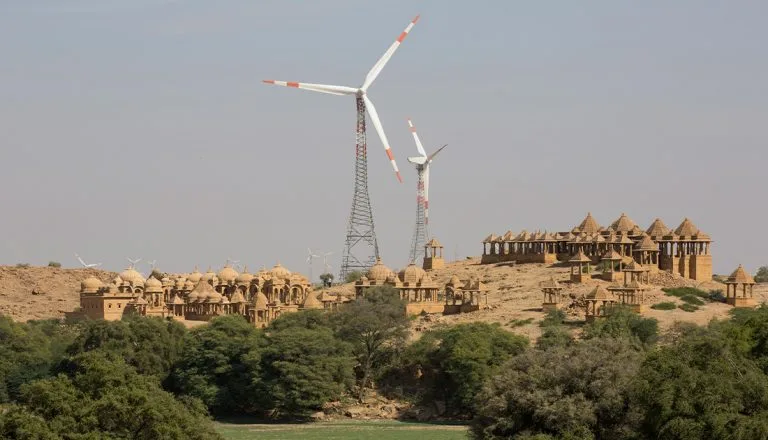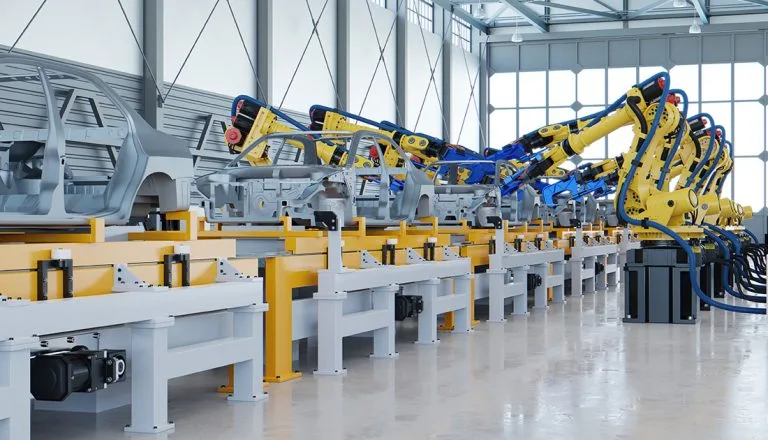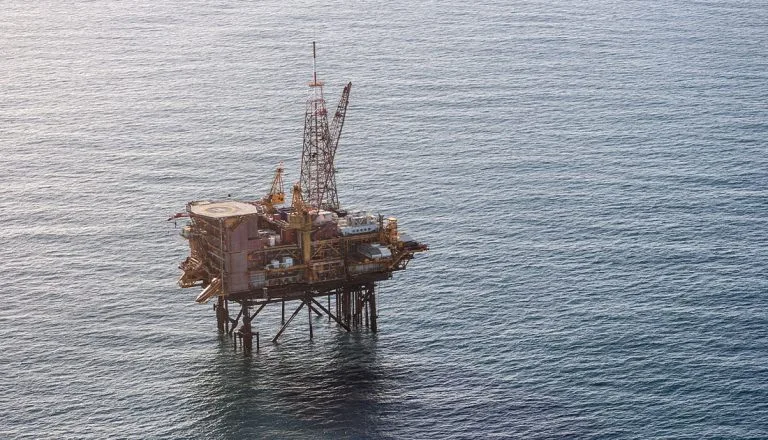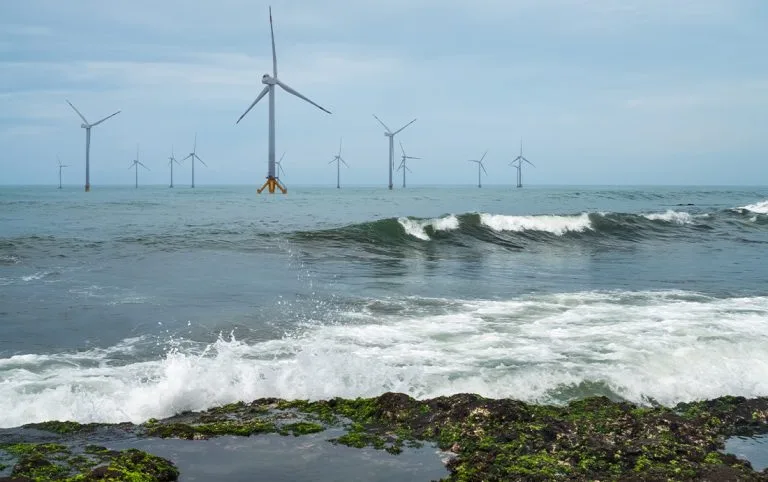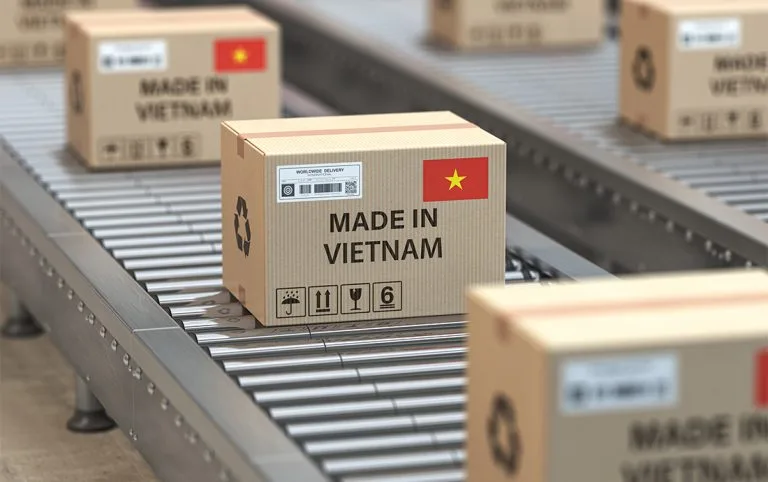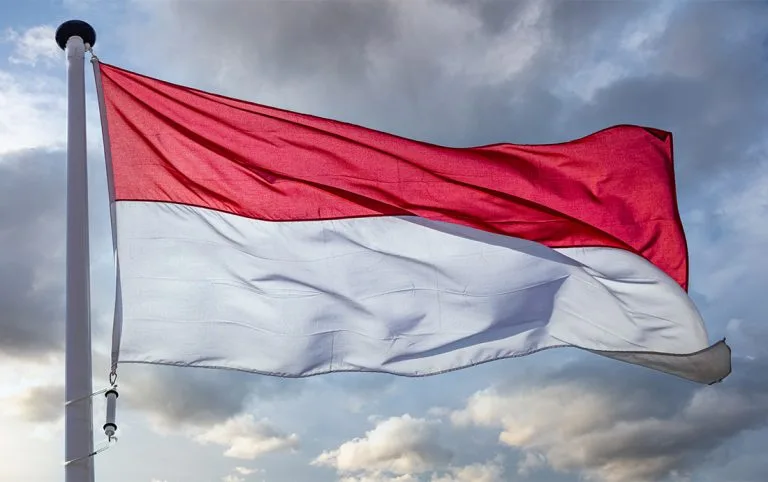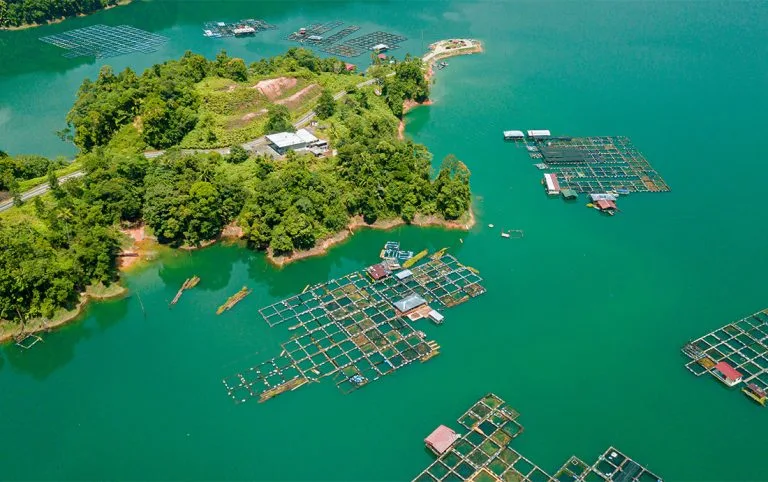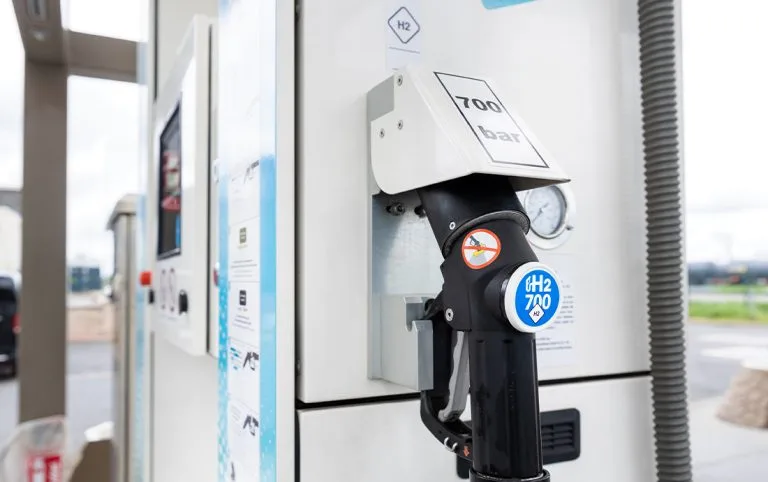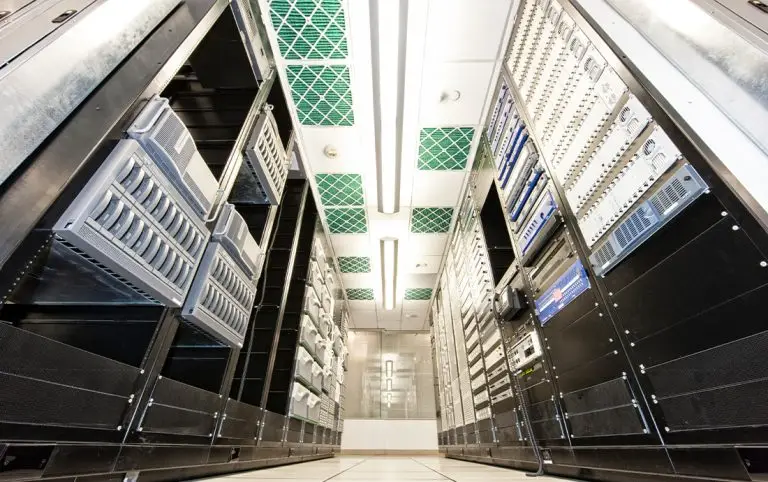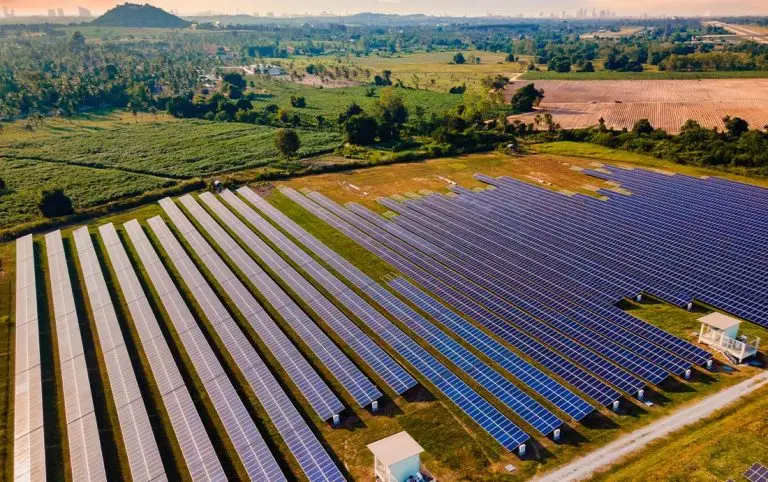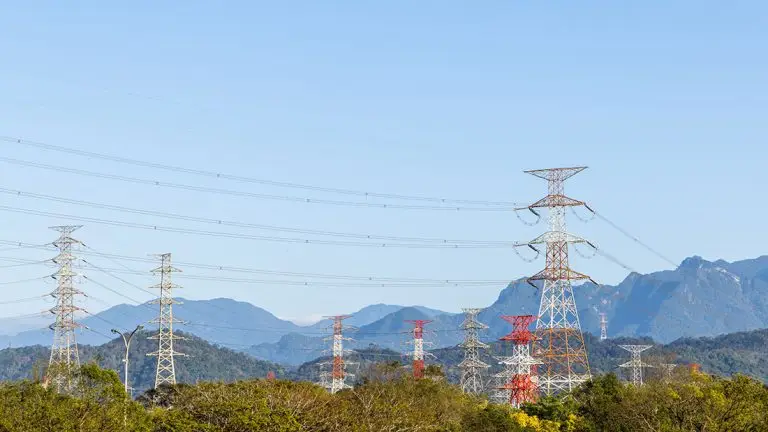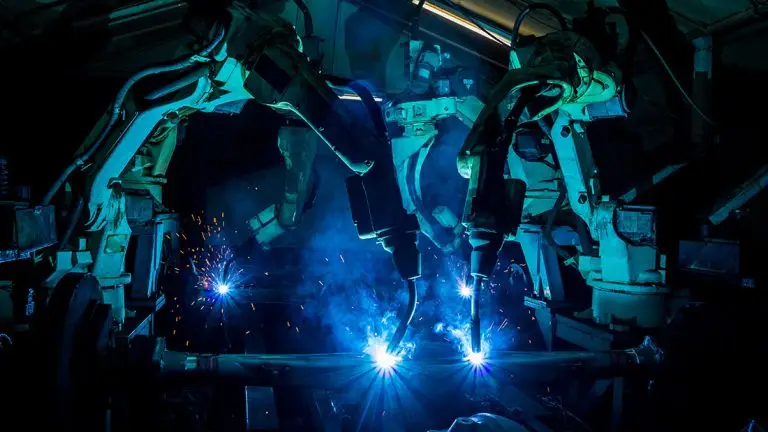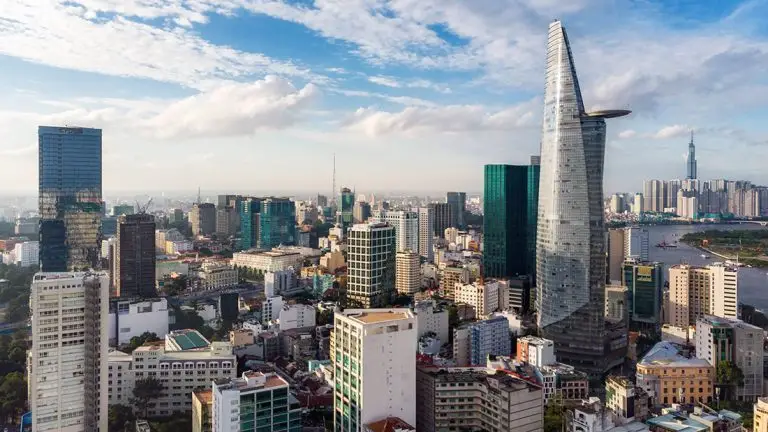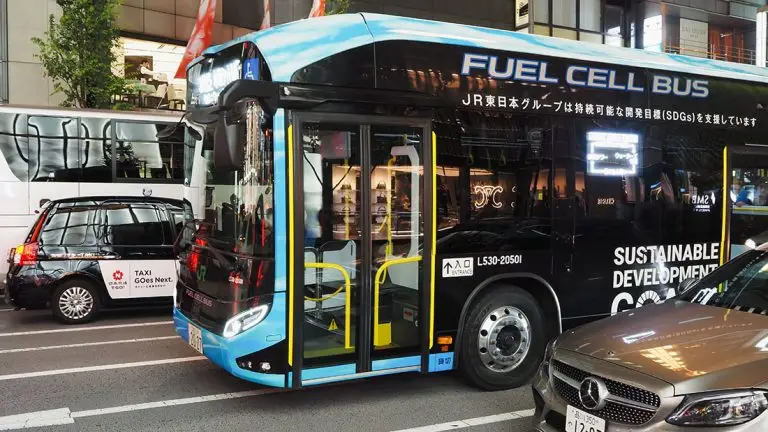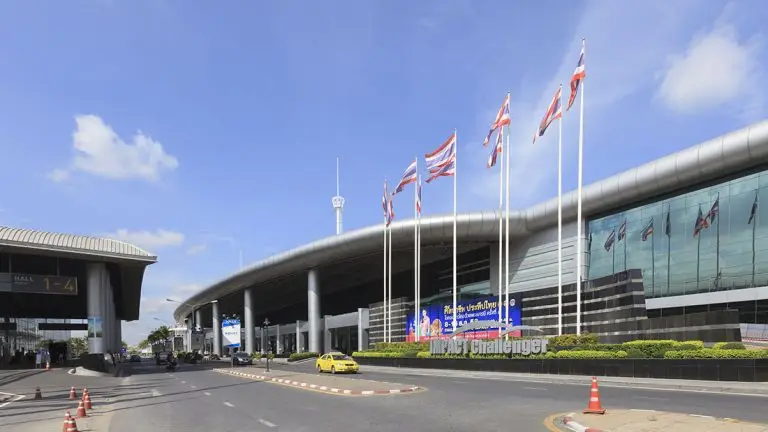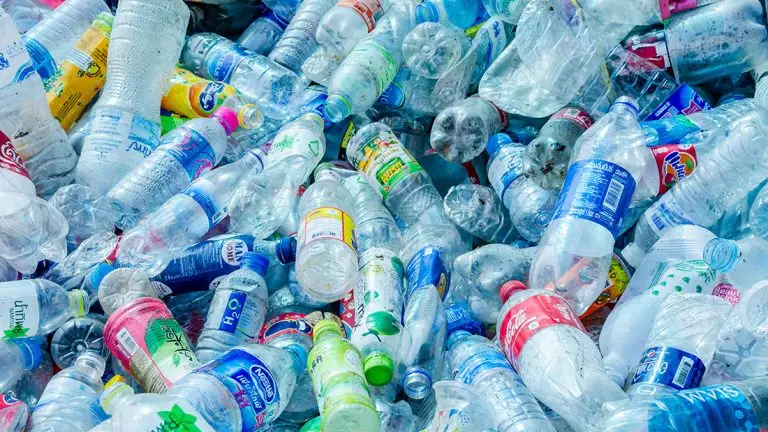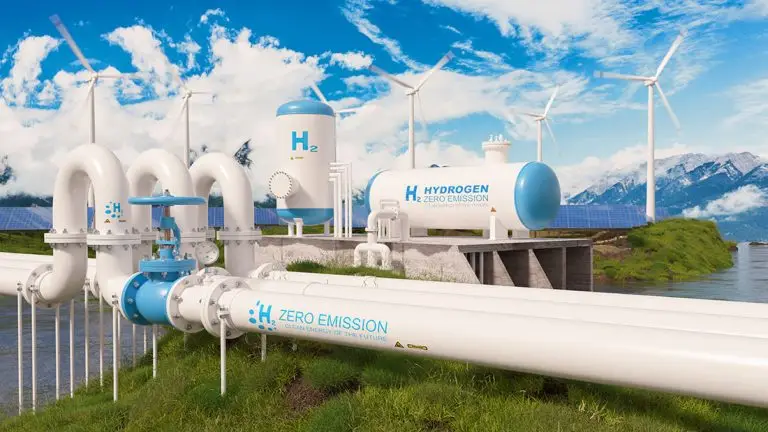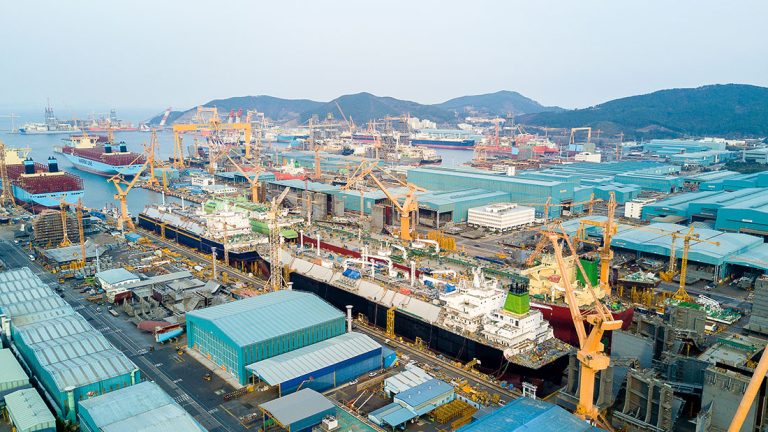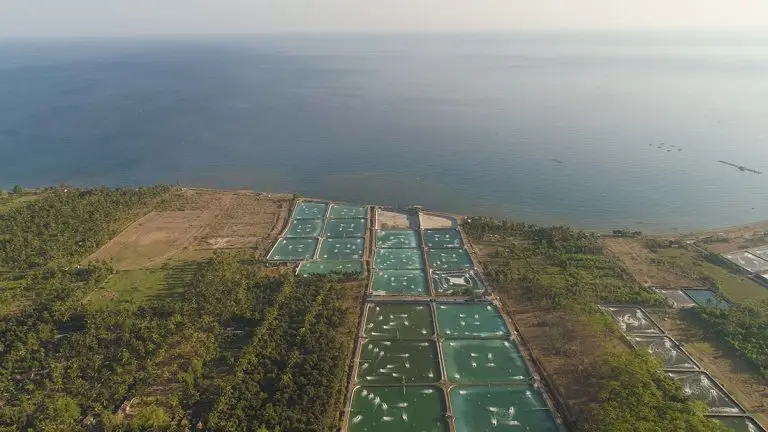- Clean energy is necessary to prevent an electricity shortage that could hinder Asian data centre development
- Renewables and low or zero-emission sources, such as hydrogen and small modular reactor (SMR) nuclear, are being considered by data centre firms in Asia
- Governments and operators seek overseas knowledge and technology related to on-site infrastructure, battery storage, optimisation and other requirements
Rumblings of clean energy no longer being important for Asian data centre development appear to be sabre-rattling. Overseas operators entering or expanding in the region still need to comply with local emissions targets. More importantly, zero emission power sources may provide improved reliability and stable pricing, although both remain works in progress. Asian Insiders Managing Partner Jari Hietala explains why this offers opportunities for foreign enterprises.
Asia is in the midst of a data centre boom driven by growing demand from AI, cloud storage, 5G, Edge computing and other needs. Capacity is predicted to double by 2030 and a who’s who of international players, including Amazon, Microsoft and Google, are investing heavily across the region.
Individual markets are developing at their own pace. China, Japan and South Korea are more advanced. India and ASEAN countries are in the early stages but have ambitious plans to expand their data centre capabilities. However, all of them share a common trait: a need for consistent electricity.
The International Energy Agency noted that as much as two percent of global electricity consumption comes from data centres. The total is projected to double by 2030. This presents a challenge in Asia, where some countries continue to struggle with energy security. Even those boasting solid power production capacity must find ways to scale if they are to keep up with expected demand.
A notable example of the impending situation can be found in Malaysia, where Tenaga Nasional Berhad, the publicly traded, state-owned electricity company, projects that data centre energy demand will reach 5,000 MW in the next ten years. Attention is now turning toward supply.
Renewables and other low or zero-emission sources, such as hydrogen and small modular reactor (SMR) nuclear, are viewed as the solution. However, there has been concern that clean energy would no longer be seen as necessary for Asian data centre development with some countries possibly pressuring businesses to avoid these sources.
It appears that those fears may be unfounded for two key reasons. First, a few Asian countries already struggle with power reliability. Renewables are a way to increase energy originating from domestic sources. Regardless of if data centre operators opt for power purchase agreements (PPAs) or develop their own projects, it offers greater consistency.
Second, clean energy can offer price stability as tariffs and geopolitical issues cause volatility in fossil fuel costs. Data centres can avoid risk by opting for clean power procurement. In other words, zero-emissions energy makes both sense and cents for the sector, even if they may face pressure over the decision elsewhere.
To buy or to generate?
Clean energy in Asian data centre development comes down to a decision on whether an operator would rather invest in their own power generation capabilities or look to secure a PPA with a local power supplier. There are a lot of different factors that go into the decision, and it is usually dependent upon the local market.
In Indonesia, the government allows landowners to build power plants to support their own usage, making it possible for data centres to install an on-site solar setup. An example can be found at Amazon, which signed an agreement with the Indonesian State Electricity Company to develop solar projects that help power its data centres. There are a few other countries where this is possible, but the approach is not viable in all markets.
Clean energy PPAs are interesting in terms of what they can deliver today and the possibilities they offer for cross-border collaboration. The method is gaining popularity among both data centre operators and renewable energy producers.
Google and Amazon inked solar PPAs in Japan. Equinix has signed two PPAs in Singapore for renewable energy. The agreements are now being implemented in India. As space constraints and sources limit some countries, an emerging trend in Southeast Asia is worth monitoring as well.
Progress is being made on cross-border renewable energy trading, which would make it easy for data centres in countries such as Singapore and Malaysia to source clean energy through a PPA, even if the country the facility is located in doesn’t have the production capacity outright. It should be stressed that these efforts are still in the early stages.
Opportunities for foreign businesses
With clean energy a critical component of Asian data centre development, there is a need for overseas knowledge and technology to build on progress already made. Consulting and project management are needed in those countries where data centres are developing their own renewable energy projects. Battery energy storage systems are predicted to increase in demand as well.
Governments across Asia are seeking input on how they can optimise output and create energy security. Grid optimisation and improvements are among the needs. Many nations are actively courting data centre facilities, meaning these have become pressing issues.
There are also opportunities for other zero-emission electricity sources that can support demand from data centres. Renewable power generation in several Asian markets is expected to grow at a slower pace than demand. Bridging this energy gap without increasing reliance on fossil fuels has seen hydrogen, ammonia and SMR nuclear become potential options.
Final thoughts
Data centres are being built across the region at a rapid pace. The potential here is massive, with compound annual growth rate projections for the data centre market ranging from 8 to 13 percent. This can only be realised through a reliable power supply offering some cost certainty.
Clean energy isn’t a luxury for Asian data centre development, it’s a necessity. There is work being done by both governments and facility operators to ensure it plays a vital role in preventing a supply and demand gap that could stifle economic progress.
The situation has provided opportunities for companies across the value chain to enter Asia with the necessary knowledge and technology to assist existing efforts. These vary from country to country. Additionally, each market has its own set of regulations that must be taken into account.
Working with a market entry specialist, such as Asian Insiders, can ensure your firm identifies the right market and hits the ground running.
To learn more about available clean energy opportunities in the Asian data centre market, schedule a no-obligation call with Jari Hietala, Managing Partner: jari.Hietala (at)asianinsiders.com
